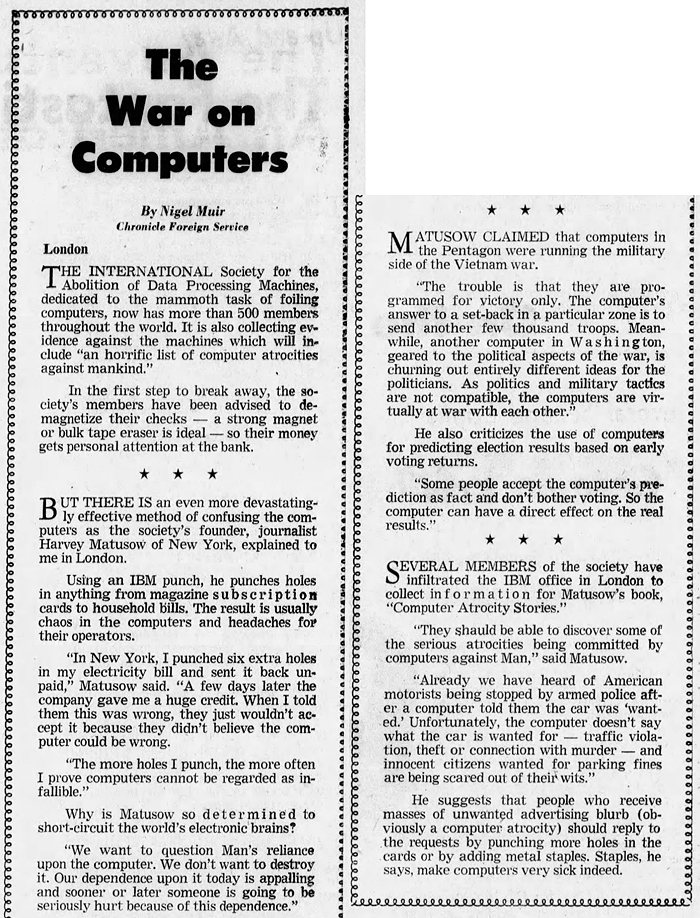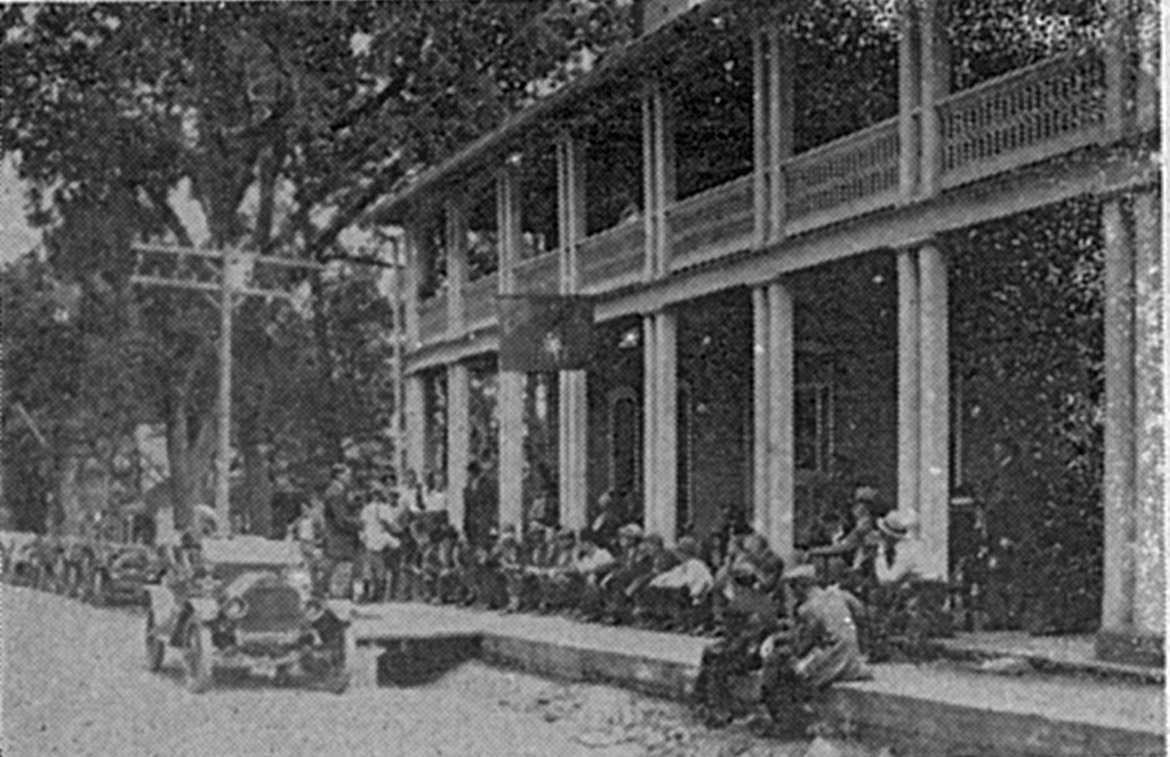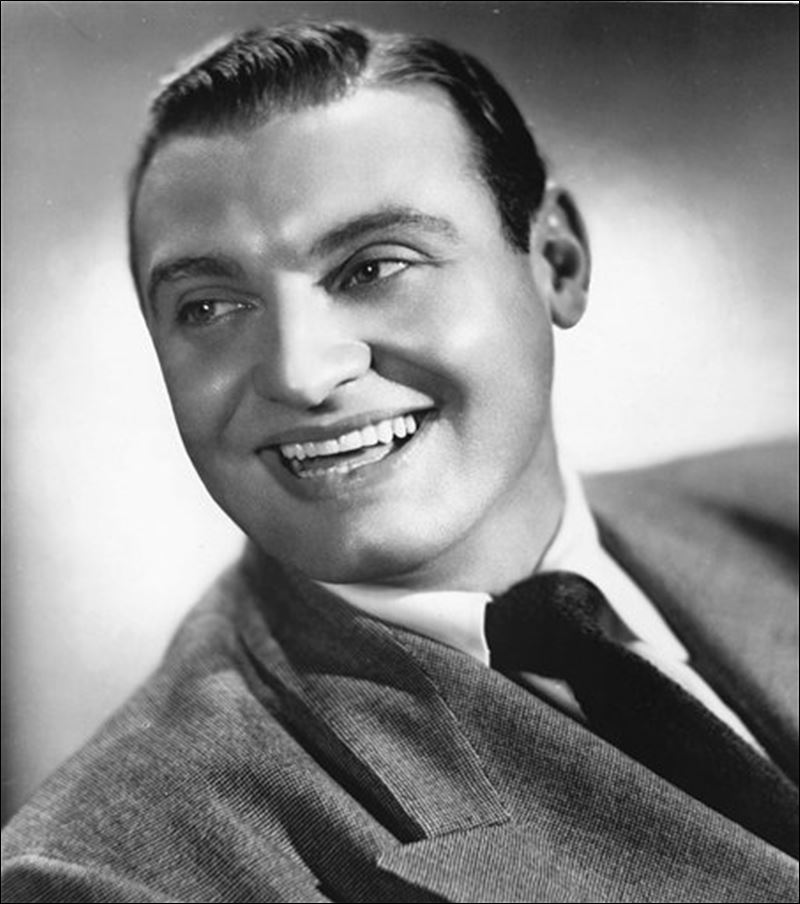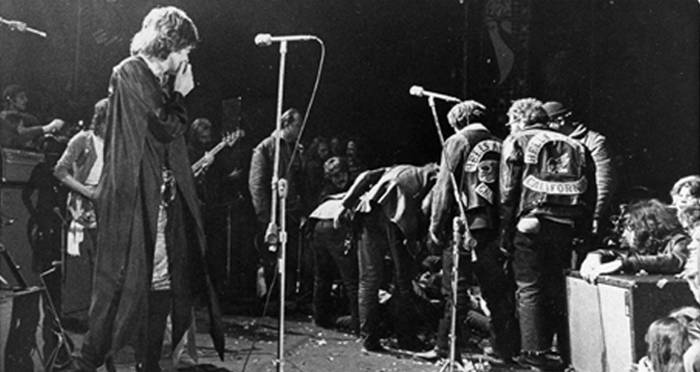1969
Story Sunday: The War On Computers

San Francisco Examiner
10-27-1968
The International Society for the Abolition of Data-Processing Machines […] was founded by Harvey Matusow in the late 1960s. Its aim was “to conduct guerrilla warfare against the computer by such means as sending a penny too much or too little when paying a utility bill.”
Matusow also authored The Beast of Business, which was supposed to serve as a manual for the guerrilla warfare against the computer. I wonder if any of the techniques he detailed would still work today?
However, Matusow is best known for giving evidence in court against individuals during the McCarthy era. Later, he claimed that the FBI had paid him to give false testimony and he detailed these allegations in his book False Witness.
He seems to have had a rather eccentric life and career. Some other highlights of it, from the University of Sussex’s page about him:
♦ Founded a band called the Harvey Matusow’s Jew’s Harp Band
♦ Married approximately twelve times
♦ Is possibly part of the reason The Beatles broke up – he held the party where John Lennon met Yoko Ono
♦ Worked as a children’s TV clown called Cockyboo in Tucson, Arizona
♦ Converted to Mormonism and spent his last years known as Job MatusowAlex Boese
Weird Universe
May 29, 2021
Additional Reading:
Frustrations: Guerrilla War Against Computers (Time Magazine/09-12-1969)
Town Tuesday: The Colonial Inn

1867
Image Credit: Rootsweb
The structure known today as the Colonial Inn was built on Lot 15 in 1838 as a hotel and was locally called Spencer’s Tavern […] but, was advertised as the Orange Hotel (a name which lasted into the 1880s). The structure was built for Isaac (Isaiah) Spencer (from Hyde County) who had purchased the property in late 1837. In 1841, Richardson Nichols purchased the property from Spencer and expanded the main structure. In 1856, Nichols sold the structure to the “Hillsborough Improvement Company” which consisted of Alfred, Henry and Cave Stroud.
Stroud family history has it that Henry’s wife (Sarah) saved the Inn from looting by Union troops by displaying her husband’s Masonic apron. Upon seeing the apron, a sympathetic Union officer, [whom] was a fellow Mason, protected the site from destruction.

1870
Image Credit: Rootsweb
William F. Strayhorn may have purchased or, at least, managed the business beginning in 1868 and, the property was purchased by local businessmen Henry N. Brown and Charles M. Latimer (who was also the county treasurer) in 1870. Brown and Latimer apparently lost the property through bankruptcy in 1872, with Strayhorn managing or operating the hotel until at least then. Perhaps related is that Strayhorn had been living in Twin Chimneys across the street from the hotel but, lost it due to financial problems in January 1869. [It] was purchased by David C. Parks in December 1872. In 1885, Parks sold the property to neighboring property owner Emily Pogue, who sold it back to Parks in 1888. [At] this time, it became known as the Occoneechee Hotel.

1890s
Image Credit: Rootsweb
In 1908, Thomas A. Corbin purchased the property and renamed the complex the Corbinton Inn. In 1921, W. L. Foushee […] purchased the property from a H. L. Akers and by 1924, renamed the hotel the Colonial Inn. In 1946, Paul Henderson purchased the property from Foushee […].

1915
Image Credit: Open Orange
During Henderson’s ownership, a “fine-dining” restaurant was added within the hotel structure. In December 1952, Charles and Ann Crawford purchased the property and business and, expanded the structure. They operated the business successfully until they, in turn, sold it to James and Maxine Freeland in 1969. The Freelands also expanded the structure and, continued the hotel and restaurant business at the location.

1960s
Photo Credit: Open Orange
It fell into disrepair for many years. When I moved to this town in 2011, it looked bad.


The good news is, new owners are re-building. ~Vic

Additional Information:
The Colonial Inn Hillsborough (Facebook)
Old Town Cemetery (Hillsborough Government Site PDF)
Colonial Inn (Open Orange)
The Colonial Inn 1838-1969 (Rootsweb)
The Colonial Inn: It’s History & Significance (World Now PDF)
Throwback Thursday: Losing King 1968

Fifty-one years ago, today, a powerful voice & soul was extinguished. I wasn’t even two years old when he was killed. He was only 39. He wasn’t a perfect person (who is?) but, his message was.
From The History Channel:
Just after 6:00p.m. on April 4, 1968, Martin Luther King, Jr. is fatally shot while standing on the balcony outside his second-story room at the Lorraine Motel in Memphis, Tennessee. The civil rights leader was in Memphis to support a sanitation workers’ strike and, was on his way to dinner when a bullet struck him in the jaw and severed his spinal cord. King was pronounced dead after his arrival at a Memphis hospital.
As word of the assassination spread, riots broke out in cities all across the United States and, National Guard troops were deployed in Memphis and Washington, D.C. On April 9, King was laid to rest in his hometown of Atlanta, Georgia. Tens of thousands of people lined the streets to pay tribute to King’s casket as it passed by in a wooden farm cart drawn by two mules.

From Wikipedia:
The King family and others believe the assassination was the result of a conspiracy involving the U.S. government, Mafia and Memphis police, as alleged by Loyd Jowers in 1993. They believe that Ray was a scapegoat. In 1999, the family filed a wrongful death lawsuit against Jowers for the sum of $10 million. During closing arguments, their attorney asked the jury to award damages of $100, to make the point that “it was not about the money.” During the trial, both sides presented evidence alleging a government conspiracy. The government agencies accused could not defend themselves or respond because they were not named as defendants. Based on the evidence, the jury concluded Jowers, and others, were “part of a conspiracy to kill King” and awarded the family $100. The allegations and the finding of the Memphis jury were later rejected by the United States Department of Justice in 2000 due to lack of evidence.

After the assassination of President Kennedy in 1963, King told his wife, Coretta Scott King, “This is what is going to happen to me also. I keep telling you, this is a sick society.”
Senator Robert F. Kennedy was the first to tell his audience in Indianapolis that King had died. He stated:
“For those of you who are black, and are tempted to be filled with hatred and mistrust of the injustice of such an act, against all white people, I would only say that I can also feel in my own heart the same kind of feeling. I had a member of my family killed but, he was killed by a white man.
His speech has been credited as preventing riots in Indianapolis when the rest of the country was not so lucky.
On March 10, 1969, James Earl Ray pleaded guilty (on his birthday) and was sentenced to 99 years in the Tennessee State Penitentiary. He died in prison at the age of 70 on April 23, 1998, twenty-nine years and 19 days after King’s assassination.
Many documents regarding an FBI investigation remain classified and will stay secret until 2027.
I’ve seen the Promised Land.
Tune Tuesday: Frankie Laine 1969

Fifty years ago, today, the #1 song on the Billboard Adult Contemporary chart was You Gave Me A Mountain by Frankie Laine. Written by singer-songwriter and NASCAR driver Marty Robbins, Laine’s version charted the highest of any performer, including Robbins.
From Wikipedia:
The lyrics to the song detail a series of challenges that the singer has endured in his life, including the death of his mother while giving birth to him, [being] deprived of the love of his father [described as] like time spent in prison “for something that I never done” and, the singer’s wife taking their child and leaving. He describes these setbacks as hills that he has scaled in the past but, then states that “this time, Lord, you gave me a mountain” […]
The original third line of Robbins’ song mentioned that he was “despised and disliked from my father” but, Laine requested that this line be changed to “deprived of the love of my father” when he recorded his version, since Laine’s father had died shortly before the recording took place.
Many other artists recorded the song including Johnny Bush, Don McLean, Eddy Arnold, Ray Price, Jim Nabors and Dean Martin. Elvis Presley included this song in the set for his Aloha From Hawaii concert in 1973.
This was the final Top 40 hit of Laine’s career.
Lyrics
Born in the heat of the desert
My mother died givin’ me life
Deprived of the love of a father
Blamed for the loss of his wife
You know, Lord, I’ve been in a prison
For something that I’ve never done
It’s been one hill after another
But I’ve climbed them all, one by one
But this time, Lord, you gave me a mountain
A mountain I may never climb
And is isn’t a hill any longer
You gave me a mountain this time
My woman tired of the hardships
Tired of the grief and the strife
So tired of workin’ for nothin’
Tired of bein’ my wife
She took my one ray of sunshine
She took my pride and my joy
She took my reason for livin’
She took my small baby boy
So this time, Lord, you gave me a mountain
A mountain I may never climb
And is isn’t a hill any longer
You gave me a mountain this time
Tune Tuesday: Sonny James 1969

Inducted into the Country Music Hall of Fame 2006
Fifty years ago, today, the #1 song on the Billboard Hot Country chart was Only the Lonely by Sonny James, a cover version of a song written by Roy Orbison and Joe Melson. Referred to as the Southern Gentleman for his personality and manner, James, born James Hugh Loden, had 22 #1 hits from 1960 to 1979. He and Bobbie Gentry hosted the very first Country Music Association‘s (CMA) award show in 1967. He was the first country music performer to appear on The Ed Sullivan Show in 1957, the first country music star to have a star on the Hollywood Walk of Fame in 1961 and the first country artist to have his music sent into space in 1971, having recorded a special song for the Apollo 14 crew. He produced Marie Osmond‘s first solo hit Paper Roses.
Lyrics:
Dum-dum-dum-dumdy-doo-wah
Ooh-yay-yay-yay-yeah
Oh-oh-oh-oh-wah
Only the lonely
Only the lonely (dum-dum-dum-dumdy-doo-wah)
Know the way I feel tonight (ooh-yay-yay-yay-yeah)
Only the lonely (dum-dum-dum-dumdy-doo-wah)
Know this feelin aint right (dum-dum-dum-dumdy-doo-wah)
There goes my baby
There goes my heart
They’re gone forever
So far apart
But only the lonely
Know why
I cry
Only the lonely
Dum-dum-dum-dumdy-doo-wah
Ooh-yay-yay-yay-yeah
Oh-oh-oh-oh-wah
Only the lonely
Only the lonely
Know the heartaches I’ve been through
Only the lonely
Know I cried and cried for you
Maybe tomorrow
A new romance
No more sorrow
But that’s the chance – you gotta take
If your lonely heart breaks
Only the lonely
Dum-dum-dum-dumdy-doo-wah
Tune Tuesday: Sly & The Family Stone 1969

Fifty years ago, today, the #1 song on the Billboard Hot 100 and Hot R&B/Hip-Hop charts was Everyday People by Sly and the Family Stone. Written by Sylvester Stewart and released November 1968, the song was somehow a plea for unity and, pride of diversity, at the same time, along with pleas for peace, and equality, between differing races and social groups.
From The Rock & Roll Hall of Fame:
Sly and the Family Stone took the Sixties ideal of a generation coming together and, turned it into deeply groove-driven music. Rock’s first integrated, multi-gender band became funky Pied Pipers to the Woodstock Generation, synthesizing rock, soul, R&B, funk and psychedelia into danceable, message-laden, high-energy music. In promoting their gospel of tolerance and celebration of differences, Sly and the Family Stone brought disparate audiences together during the latter half of the Sixties. The group connected with the rising counterculture by means of songs that addressed issues of personal pride and liberation in the context of driving, insistent and sunny-tempered music that fused rock and soul, creating a template for Seventies funk.
Notable covers of the song were recorded by Joan Jett, Aretha Franklin, Arrested Development, Maroon 5 and Billy Paul. The single made it to #5 on Billboard’s Hot 100 for 1969.
Lyrics:
Sometimes I’m right and I can be wrong
My own beliefs are in my song
The butcher, the banker, the drummer and then
Makes no difference what group I’m in
I am everyday people, yeah, yeah
There is a blue one
Who can’t accept the green one
For living with a fat one
Trying to be a skinny one
Different strokes
For different folks
And so on and so on
And scooby dooby dooby
Oh sha sha
We got to live together
I am no better and neither are you
We are the same, whatever we do
You love me, you hate me, you know me and then
You can’t figure out the bag I’m in
I am everyday people, yeah yeah
There is a long hair
That doesn’t like the short hair
For being such a rich one
That will not help the poor one
Different strokes
For different folks
And so on and so on
And scooby dooby dooby
Oh sha sha
We got to live together
There is a yellow one
That won’t accept the black one
That won’t accept the red one
That won’t accept the white one
Different strokes
For different folks
And so on and so on
And scooby dooby dooby
Oh sha sha
I am everyday people
Addendum:
In 1961, Billboard added a new category called Adult Contemporary. Prior to that, from 1958 to 1960, everything fit into either Hot 100, R & B or Country. In 1963, Billboard 200 was added and in 1964, Top Country Albums. As of 2018, Billboard now has 87 individual categories. Choosing a number #1 song in any of these categories could fill up a blog, if a blogger was so inclined. Previously, I tried to showcase Hot 100s and added Alternative Rock, Mainstream Rock, Country and, R&B. It is a lot of work and if I tried to cover all the new categories, well…they would find my dead body, slumped over the keyboard.
Under normal circumstances, I go backwards each week by five years. I love music so, I’m going to have to shift gears, soon, to cover #1 songs in some categories other than the coveted Hot 100. I may end up going backwards five years every month instead of every week. We shall see… ~Vic
Movie Monday: The Wrecking Crew 1969

Fifty years ago, today, the most popular film at the box office was The Wrecking Crew, a comedy Spy-Fi starring Dean Martin, Elke Sommer, Sharon Tate (Polanski), Nancy Kwan, Nigel Green, Tina Louise and Chuck Norris, making his film début. Opening in the U.S. (NYC) on February 5, it was directed by Phil Karlson, produced by Irving Allen, written by (screenplay) William P. McGivern with music by Hugo Montenegro and Dean Martin serving as Executive Producer, uncredited. Bruce Lee was listed as the ‘Karate Advisor’, choreographing the fight scenes.
The movie was based on Donald Hamilton’s novel of the same name, his second spy thriller about Matt Helm, a fictional U.S. Agent & assassin. Martin played Helm in three previous films and this movie was the last of the series despite the announcement at the end of the film of a fifth installment. Hamilton has written 27 Helm novels spanning 1960 to 1993 with #28 still unpublished, though, finished in the late 1990s.
This was the second to the last movie Sharon Tate (Polanski) made before her murder on August 9, 1969 and the last one released before her death. The Thirteen Chairs was released two months afterwards.

Summary from Rotten Tomatoes:
Secret agent Matt Helm is called on to stop a plan to steal over one billion dollars in gold. With the help of the fumbling female [British] agent Freya, the two race against time to stop the devious plan of Count Contini and his henchmen. The Count is aided by a bevy of beauties who attempt to throw the world economy into chaos with the heist. Helm is constantly interrupted just before his amorous adventures can be set in motion by the overzealous […] Freya.
Trivia Bits:
♦ The working title of the film was House of 7 Joys.
♦ Dean Martin was so distraught over the murder of his co-star and friend, Sharon Tate, that he abandoned the next, already announced, “Matt Helm” motion picture series installment (to be titled “The Ravagers”) and, never played the character again. This is contrary to the post that the series ended due to poor ratings.
♦ Bruce Lee was the martial arts adviser for this film. He also was brought in to train and teach Sharon Tate with her martial arts scenes.
♦ Karate champion Mike Stone was Dean Martin’s fight double. Stone was Priscilla Presley’s boyfriend after she left Elvis.
I can’t find an actual trailer for this movie but, I did find some snippets.






